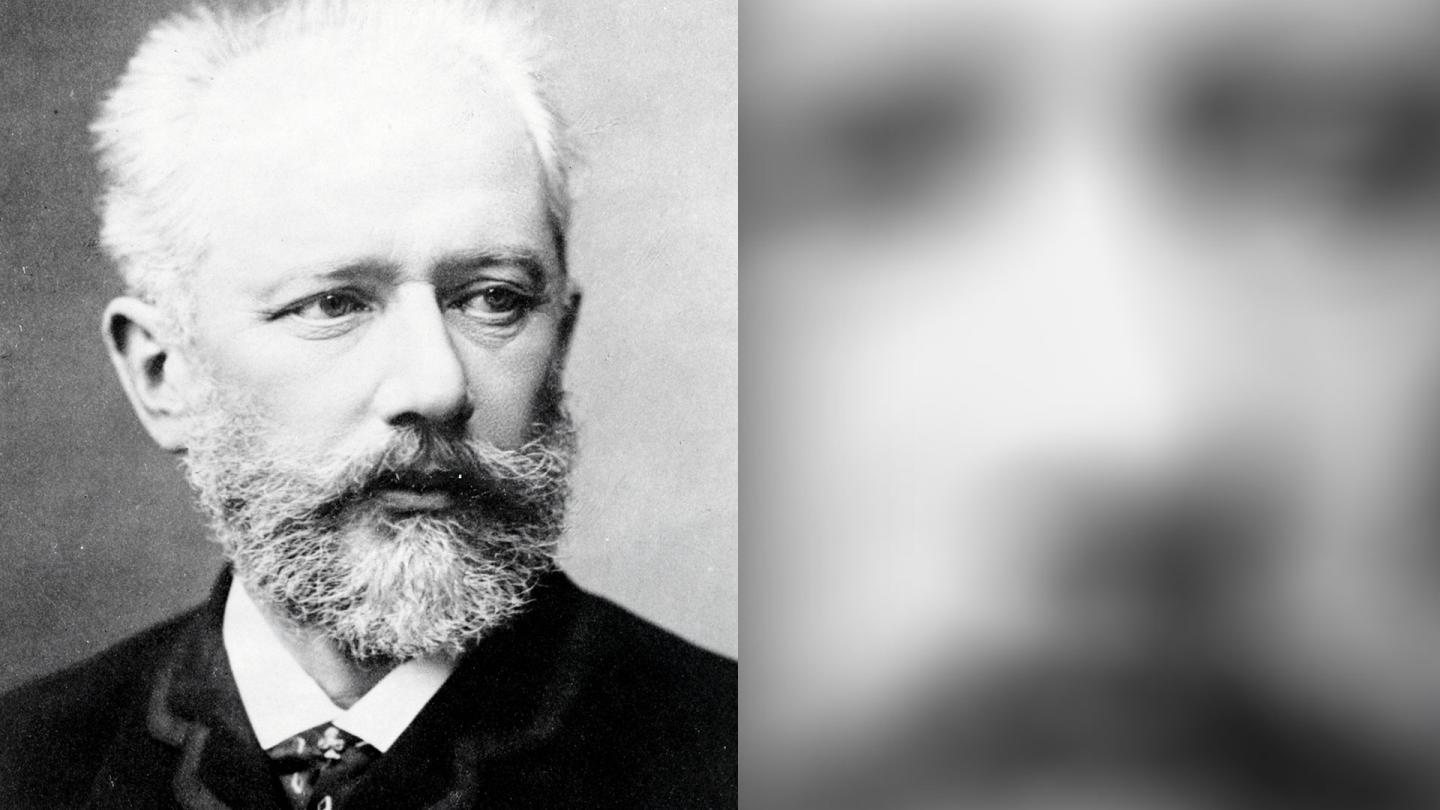
Composer
Born in Kamsko-Votkinsk on 7 May 1840, Tchaikovsky was the second eldest of six children. In 1850 he began attending the St. Petersburg School of Jurisprudence, becoming a clerk in the Ministry of Justice in 1859. He studied with Nicolai Zaremba until the opening of the new St. Petersburg Conservatory in 1862. In 1863 he left his job at the Ministry of Justice to study full time at the Conservatory.
After graduating he taught at the Moscow Conservatory, where he began to compose. In his first two years there he wrote his first symphony and the opera The Voyevoda. In 1868 he met the famous group of young Russian composers "The Five" - Balakirev, Borodin, Cui, Mussorgsky and Rimsky-Korsakov. Although he greatly admired them, writing his second symphony in response to their fervour, he never joined the group.
In 1877 one of his pupils, Antonina Milyokova, declared her love for Tchaikovsky and hinted at suicide unless he would marry her. He was so involved in the composition of Eugene Onegin that he could not find it in himself to reject her and married her, but after a disastrous nine weeks they separated. Tchaikovsky attempted suicide by drowning but was saved by his brother, Modeste, only to suffer a nervous breakdown. It was at this time that Tchaikovsky came under the patronage of Madame Nadezhda von Meck whose yearly allowance permitted him to give up teaching and devote his time to composing. They never met, but their correspondence was extensive and he dedicated his fourth symphony to her.
In 1885 he moved to a country house in Klin where he lived in virtual isolation and wrote Manfred. 1888 and 1889 brought tours as a conductor to Germany, France and England. After the production of The Sleeping Beauty in 1890, Tchaikovsky went to Florence to work on his opera The Queen of Spades which was produced in St. Petersburg later that year.
1891 brought the very successful tour of the United States and Tchaikovsky's appearance at the opening of the Music Hall (renamed Carnegie Hall), was followed in 1892 with the première of The Nutcracker. The sixth symphony, having been begun in 1891 but abandoned, was completed in 1893. A few days later, November 6, 1893, Tchaikovsky died of cholera.